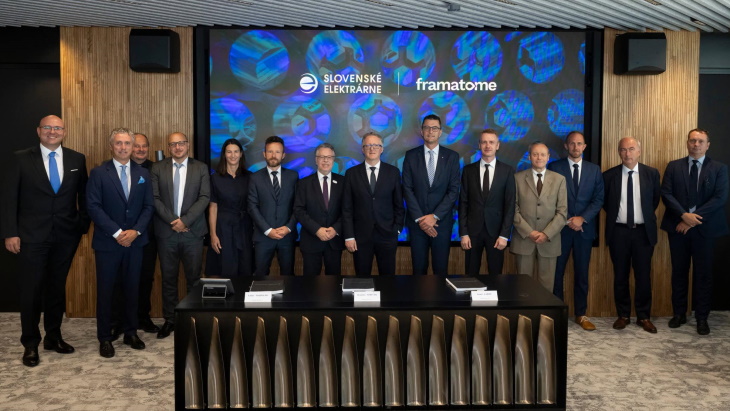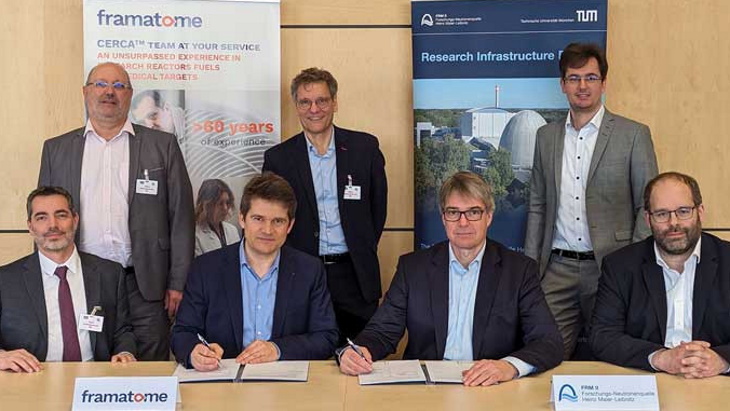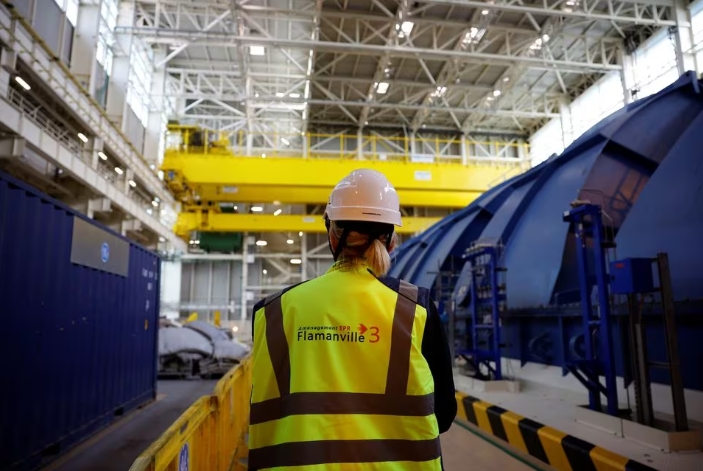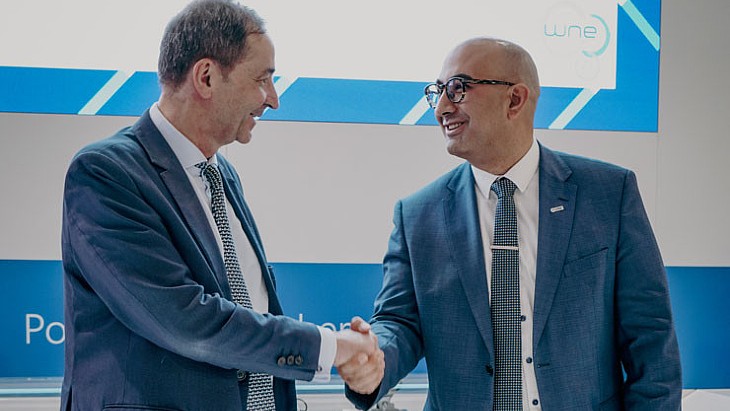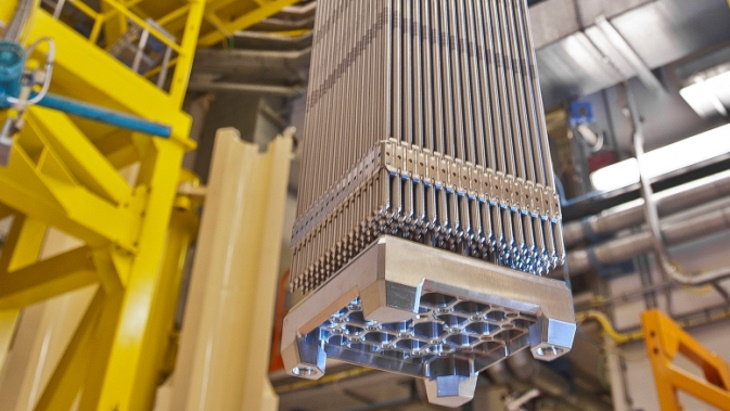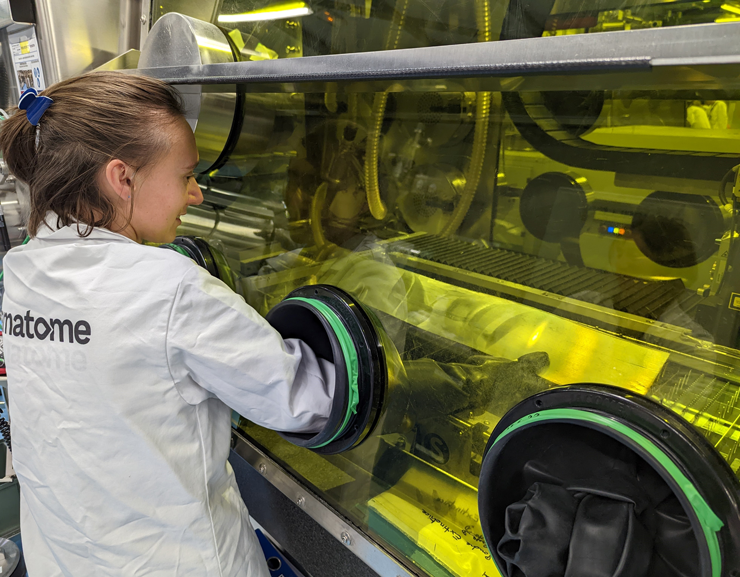Toyota Motor Corp. and Panasonic Corp. will collaborate on developing a new generation of batteries for electric vehicles. The joint venture, announced Monday, will begin in April, the two companies said.
The venture, to be called Prime Planet Energy and Solutions, will work on prismatic batteries that they intend to sell to other automakers, according to a statement released Monday.
Prismatic batteries are square-shaped in contrast with the cylindrical lithium-ion batteries found in many early electric vehicles.
The new business will initially employ more than 5,000 people. Toyota will own 51%, while Panasonic owns 49%.
“Batteries — as solutions for providing energy for automobiles and other forms of mobility, and as solutions for various kinds of environmental issues – are expected to fulfill a central role in society going forward,” the companies said in a press release.
This is not the first joint venture between Toyota and Panasonic. The two companies have cooperated on battery research since 1996.
Last May they disclosed plans to work together to integrate Toyota’s new mobility work into local transportation systems, such as a pilot program in Columbus, Ohio.
Separately, last November, Toyota and Chinese EV manufacturer BYD formed a partnership to design EV batteries in China.
The partnership is important for Panasonic, which has been the exclusive battery supplier to Tesla.
While Panasonic announced Monday that its battery production for Tesla posted its first profitable quarter, it needs to expand its customer base.
Its $1.6 billion Gigafactory, developed in Nevada to supply Tesla, has not yielded the financial return Panasonic has hoped for. The Wall Street Journal has reported that there are growing tensions between Tesla and Panasonic over culture and the price Tesla is willing to pay for the batteries.
The battery maker decided not to build a new battery plant for Tesla in China. Tesla chose to buy batteries from a partnership between LG Chem of South Korea and CATL of China.
Toyota has said it wants electric vehicles to account for half its global sales by 2025. That means the global capacity for battery production must grow.
The cost of EV batteries is falling.
For a midsize battery-electric car in the U.S., the battery’s percentage of the cost fell from 57% in 2015 to 33% in 2019. But that is expected to drop to just 20% of the total production cost by 2025, according to the Bloomberg New Energy Finance.
By comparison, an internal combustion engine and transmission account for about 16% of a traditional vehicle’s cost.
Bloomberg NEF now predicts that batteries will reach cost parity with tradition gas-burning engines by 2024.
